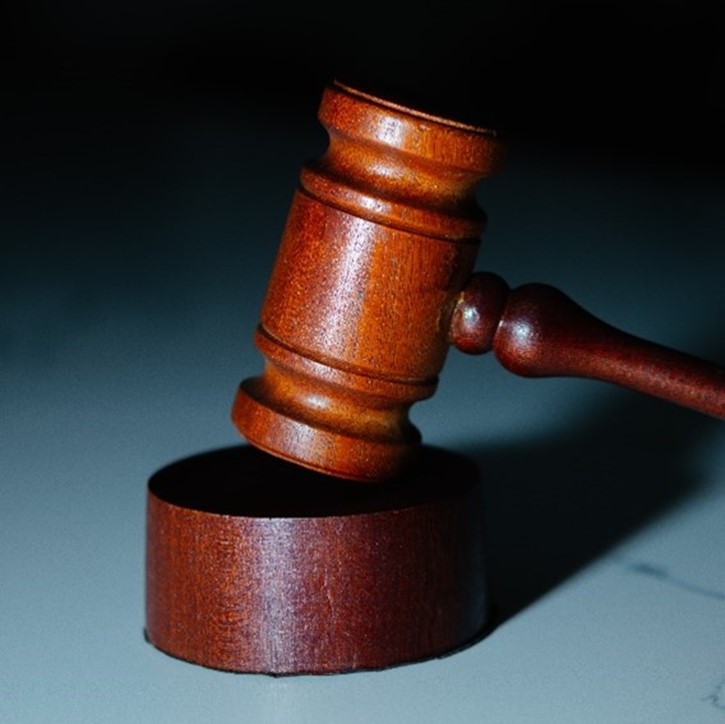Worker who was Severely Injured in Fall at New Jersey Worksite was Employee for Purposes of Worker’s Compensation
April 26, 2018Appellate Division Rejects Limited Definition of Similarly Situated Employee in Disparate Treatment Claims under the New Jersey Law Against Discrimination
May 14, 2018New Jersey on the Forefront of Equal Pay Legislation!
April 30, 2018
Lía Fiol-Matta, Esq., Ty Hyderally, Esq.
History was made on April 24, 2018 when Governor Phil Murphy of New Jersey signed into law the Diane B. Allen Equal Pay Act (EPA), protecting women and other employees in the state from discrimination in the workplace. Specifically, the EPA amends the New Jersey Law Against Discrimination (N.J.S.A. 10:5-12) (LAD) by making it unlawful for an employer to pay less to an employee who is a member of a protected class under the LAD than what it pays other employees who are not members of that protected class for “substantially similar work.” This means that if two jobs entail similar types of tasks and levels of responsibility, they must be paid the same. Employers who pay one employee more than another for similar work will have to demonstrate a legitimate reason for the difference, such as a seniority system or a merit system, and that the wage differential does not result in disparate impact on a protected class.
Before this new legislation, employees were afforded federal protection under the Lilly Ledbetter Fair Pay Act (LLFPA), signed by President Barack Obama in January 2009, allowing individuals who face pay discrimination reparation under federal antidiscrimination laws. According to the Institute for Women’s Policy Research (IWPR), women continue to earn considerably less than men and in 2016 made only 80 cents of every dollar made by men. The IWPR reports that if change continues at the same slow pace as in the last 50 years, it will take 41years – or until 2059 – for women to reach pay equity. According to the National Women’s Law Center (NWLC), female workers in New Jersey make a penny more – 81 cents – than the national average for every dollar a man makes. In Governor Murphy’s words: “For those who thought they could get away with paying a woman less just because they could, today is your wake-up call.”
The EPA (named after a retired state senator who herself experienced pay discrimination) is a big step forward towards gender pay equity, with much broader protections. It is considered the strongest equal pay legislation in the nation as it not only addresses gender pay equity but expands its protections to include, among others, race, creed, color, national origin, age, marital status, sexual orientation, disability, gender expression and other protected classes. The EPA also protects employees from retaliation for requesting or discussing job titles, rates of compensation, benefits and other related matters with others, including coworkers, government agencies, former employees of the employer, lawyers or anyone employees seek for advice or information regarding the EPA.
Under the EPA, a violation of law occurs with each paycheck an employee receives and those who seek damages in court can recover lost wages for up to six years, three times longer than under the federal LLFPA, which allows recovery of two years lost wages. Individuals who prevail in lawsuits based on violations of the EPA will recover “treble damages”, meaning three times the compensation they were denied. The question of whether you are being paid equally as others doing similar work and how to approach your employer under the EPA is a critical question that you should consider getting legal counsel on.
This blog is for informational purposes only. It does not constitute legal advice, and may not reasonably be relied upon as such. If you face a legal issue, you should consult a qualified attorney for independent legal advice with regard to your particular set of facts. This blog may constitute attorney advertising. This blog is not intended to communicate with anyone in a state or other jurisdiction where such a blog may fail to comply with all laws and ethical rules of that state of jurisdiction.

